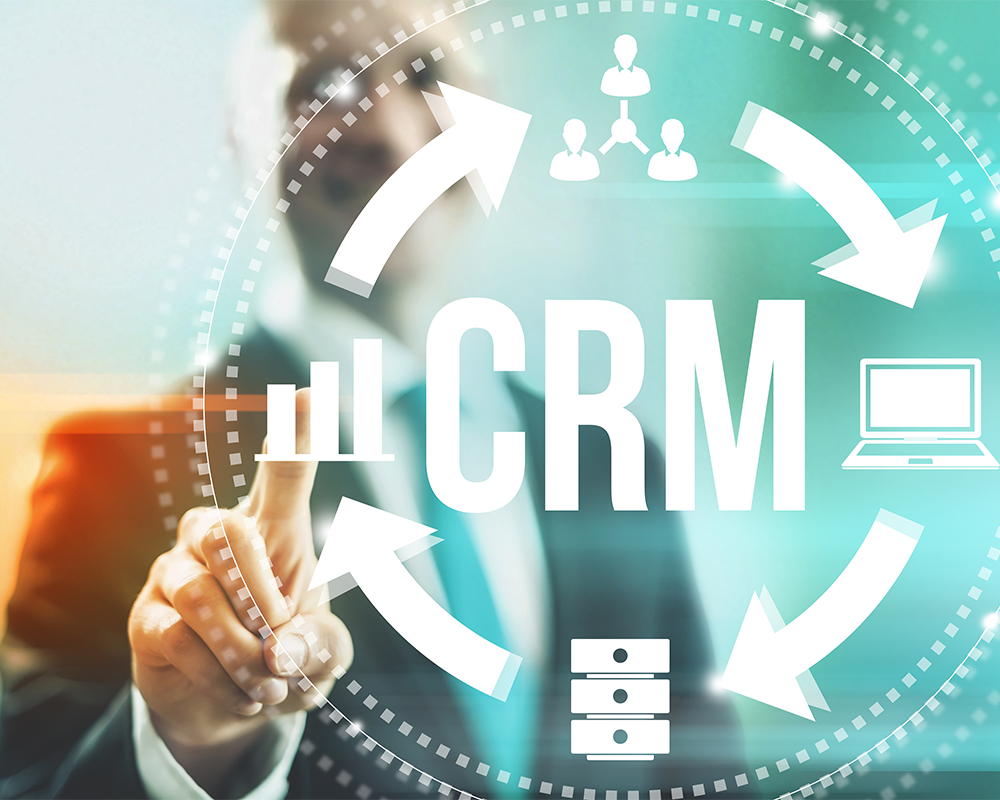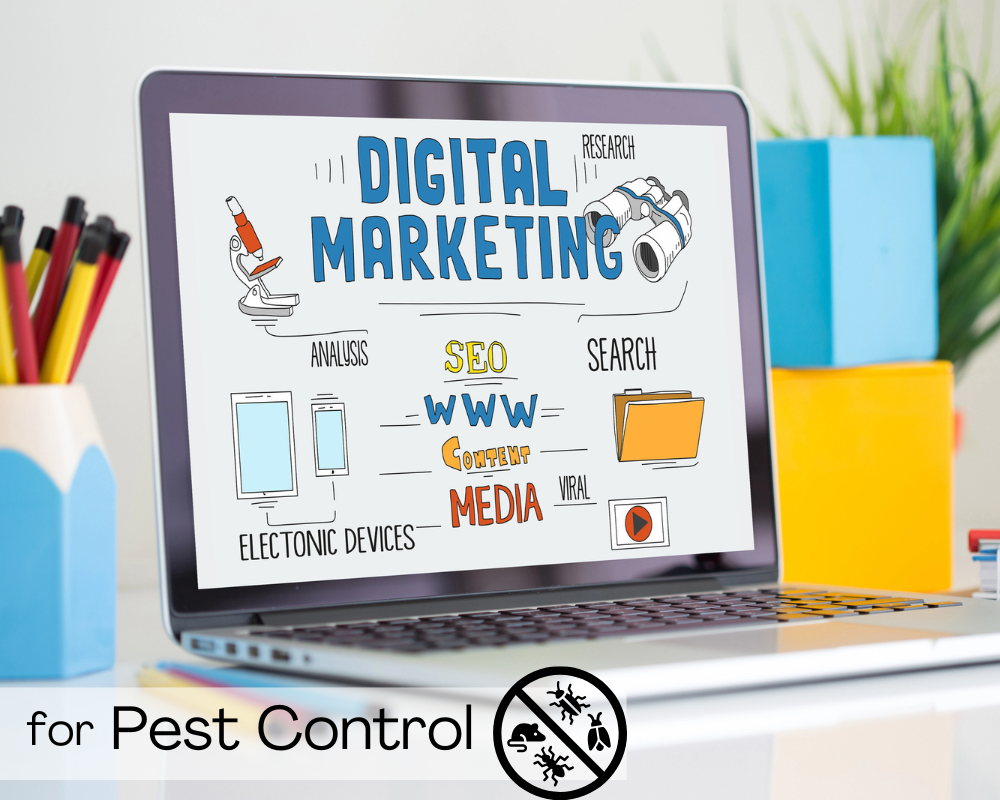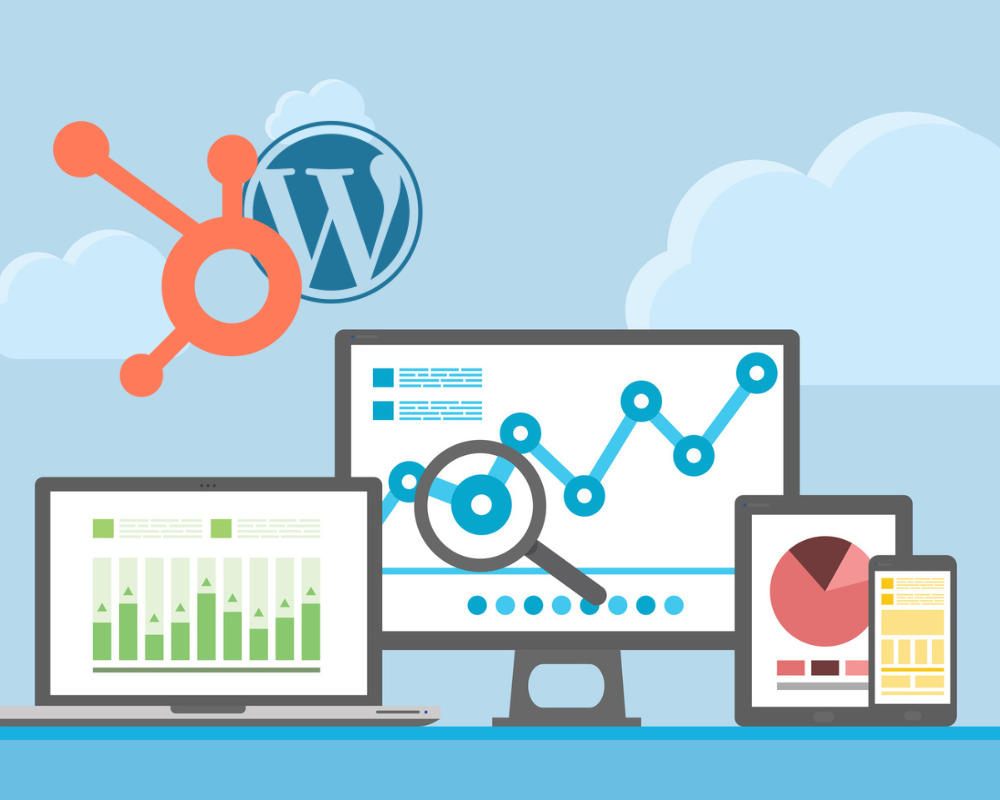The Best CRM for Inbound Marketing

One of the most exciting things about inbound marketing today is the possibility of what’s called Revenue Attribution: “knowing exactly which marketing activities are driving revenue and fueling growth.” There are all these different metrics that people track. Some of them are valuable but others are just vanity metrics. I’ll tell you the ONE metric I believe matters the most, and that is: Does it make money for my clients? Right? That, in my opinion, is what you should be measuring.
For example, let’s say you get a lot of clicks from one of your ads, and people are coming to your website. But you’re not seeing an increase in sales. Guess what that means - your marketing system is broken. You’re losing money. And in my opinion - that is a very serious crime if you’re in the business of growing companies, like I am.
Revenue Attribution tracks your marketing activities, whether it’s an email, website, or social media ad, all the way from the click to the conversion to the final sale. Why? Simple: If you can attribute revenue to a specific marketing activity, then you know exactly what works and what doesn’t work. You can then save money by not wasting it on things that don’t work, and, more importantly, invest more money into the things that do work because you know they are going to generate more revenue than they are costing you. You make more than you spend - and that’s just basically exciting in my world and hopefully yours too!
Now this sounds great and honestly, revenue attribution is nothing new.
But there is a Problem: smart companies and brilliant marketers, over and over again keep coming up against the same challenge: the tools for monitoring and tracking data weren’t talking to each other or their CRM. Tracking revenue attribution was proving to be very difficult and in some cases, impossible.
That’s why: A system that is CONNECTED into your central database is essential for knowing the data points that drive the most growth.
What are the benefits of a CRM system?
- Contact data organization. CRM allows you to keep track of all of your contacts' information in one place. This enables your staff to keep track of who a customer has spoken with and what they talked about. This information unites your sales team in, allowing your sales process to flow smoothly.
- Sales reporting. Track quota achievement and KPIs like emails sent, phone calls made, meetings scheduled, and transactions closed to see what your team is doing well and where you can improve.
- Accurate sales forecasting. Don't rely on Excel formulas or back-of-the-napkin calculations. A solid CRM system will automatically provide a sales forecast for you, making it easy to forecast revenue and manage your team's pipeline.
- Customer segmentation. To locate the warmest leads to focus on, segment your connections by properties like geography, deal size, close date, and more.
- Scaling a sales process. Testing new sales actions and techniques requires a repeatable sales process. The information stored in a CRM system will assist you in identifying effective and inefficient sales patterns. This knowledge will assist you in effectively growing your firm over time.
- Greater employee satisfaction. Your sales reps may become lost in the shuffle with so much going on. A CRM will help your sales reps be more organized by collecting notes, playbooks, tasks, and reminders. This implies that instead of having to execute manual organizing activities, your sales staff will spend more time creating income.
- Cross-team alignment. Consider contacting a lead who has already been contacted by a coworker. What an embarrassing situation and a waste of time. You can examine your contacts' profiles in a CRM, which reveals if they've been contacted recently. If your CRM also collaborates with Marketing and Customer Service, this can be highly beneficial.
- Increased revenue and profitability. This is the one we've all been hoping for. The advantages outlined above all add to your company's ability to close business more effectively. As a result, you'll get a higher return on your CRM and be able to extend your business even farther than previously.
Which CRM is the best for Inbound Marketing
As we've established, the best CRM is one that has the following features:
- Easy to use
- All components work well together
- Allows you to track Revenue Attribution.
There are many CRMs out there, dozens, in fact, if not hundreds. The three major ones include:
- Salesforce
- Marketo
- HubSpot
Over the years, HubSpot has been consistently ranked as the #1 CRM
Why is HubSpot the Best CRM Platform for Companies Seeking Exponential Growth?
When HubSpot originally appeared on the marketing tech scene, it was marketed as a marketing automation platform. Marketing and customer relationship management software have been among HubSpot's capabilities to help firms scale since its inception.
HubSpot is the most effective customer relationship management (CRM) tool for businesses that are rapidly growing. HubSpot is for you if you want to streamline your business procedures. HubSpot is the tech stack for you if you want to satisfy your needs today, tomorrow, and forever.
The top 5 reasons why HubSpot is the finest CRM software for growing businesses are listed below.
1. HubSpot evolves alongside you.
HubSpot's pricing plan is one of the main reasons it works so well with quickly growing businesses. You can actually get started with a free CRM utilizing HubSpot's pricing plan. They also provide free marketing, sales, customer service, and operational tools.
As your company's demands evolve, you can move through the tiers to have access to more capabilities. HubSpot divides its toolkit into "Hubs" so you can quickly access the capabilities you need while avoiding paying for those you don't.
You can also improve Hub on its own to meet your specific requirements. As a result, you can use the free version of operations Hub to create an enterprise-level sales Hub. Simply put, you may start using HubSpot for free today and then pay to upgrade certain products when you require them. No other CRM provides solutions that are as easy to use and scale as this one.
2. Not Cobbled, but Crafted
Many of the big names in CRM have grown their businesses by acquiring other companies. Despite the fact that several of the tools have the same branding, they were all created by different companies.
As a result, the functionality is frequently not intuitive, and it feels more like integrations between products than a single smooth solution. The tools appear to be haphazardly put together.
To be clear, these other platforms may work well for you if you have the time to ensure that all of your tools are seamlessly integrated and if you have someone who can design the bespoke integrations you require for your organization.
With that said, the HubSpot team created the platform from the ground up. Because each tool was meant to operate together, they all work well together. There will be no new tool acquisitions. From conception to finish, it was all about deliberate construction.
HubSpot has an unrivaled ability to enable seamless cross-functional collaboration and an exceedingly intuitive design thanks to its meticulously built methodology. Once you've mastered one component of HubSpot, you'll be able to move seamlessly through the rest of the platform.
3. The Simplicity of the User Experience
HubSpot prioritizes your ability to scale using their platform from the beginning. It's difficult enough to grow a business. It's a little easier with HubSpot's intuitive design.
Because HubSpot created everything from the bottom up, it's really simple to use and intuitive. Many people can quickly learn HubSpot and find themselves navigating the tool like a pro on their first day.
HubSpot offers a free HubSpot Academy where you can learn exactly how to utilize the product through instructional videos and practical activities for anyone searching for a bit more sophisticated capability within the platform. You can receive a certificate once you've completed a course to show off your new skills with the tool.
Finally, HubSpot provides a massive knowledge resource chock-full of videos, articles, and pictures that can walk you through any use case you can imagine. HubSpot's service staff is always a chat window away if you need assistance with something specific.
HubSpot's product is simple to use because of the way it was created. It's easy to scavenge because of the way they prioritize client success.
4. Everything is managed by a single system.
Perhaps the most important and significant factor is this: HubSpot has six different tool suites (or Hubs), including CRM, Marketing, Sales, Service, Operations, and Content Management (CMS Hub). Every single one of these tools is part of the same system.
That means your reporting will be as accurate as it has ever been. You can more precisely see what marketing drives the sales process and deliver more customer interactions to the sales team when everything is performed through the same system.
You get more than just a well-integrated tech stack with HubSpot. You have a single system that propels your company forward.
5. Alignment
Regardless of how each internal team operates, everyone is on the same team. Everyone in your company is working to improve customer service and grow revenue. You can more easily coordinate your teams around achieving precisely that with HubSpot.
Every employee in your company has comprehensive visibility into the customer's experience with your company. As a result, sales can see the exact marketing initiatives that have resulted in customer interaction, allowing them to have a more relevant and productive conversation.
Marketing and sales can identify which marketing initiatives are generating the most leads, as well as which lead source is generating the most income. Marketing, sales, and customer service teams may then determine which customers are the best fit and have the highest lifetime value.
That means your marketing team can easily use personalization tokens to get data from your CRM to generate hyper-personalized campaigns. Because you're using the same customer data across the board, you can have perfect consistency from the landing page to every email.
Your firm will scale when you can discover which lead sources deliver the best-fit clients and improve revenue year over year. Only software that supports teamwork, like as HubSpot, can provide this degree of insight.
Your firm will scale when you can discover which lead sources deliver the best-fit clients and improve revenue year over year. Only software that supports teamwork, like as HubSpot, can provide this degree of insight.
Begin your research.
You might wish to undertake some specialized study about HubSpot functionality with firms comparable to yours after reading this blog. HubSpot's CRM software has most certainly been utilized in a company comparable to yours.
The most important thing to figure out is what software you'll need today and in the next 5 to 10 years. It's a huge undertaking to switch to a new CRM once you've deployed one.
Once you've figured out what you'll need, try to figure out what you'll need in terms of employees and tools over the course of that time period. You can effectively determine not only which tools will be best for your organization today, but also which tools will be best as you scale, once you have a general idea of what you're attempting to do.
Schedule a call with one of our inbound marketing growth consultants now if you'd like to learn more about how HubSpot may help your company.







